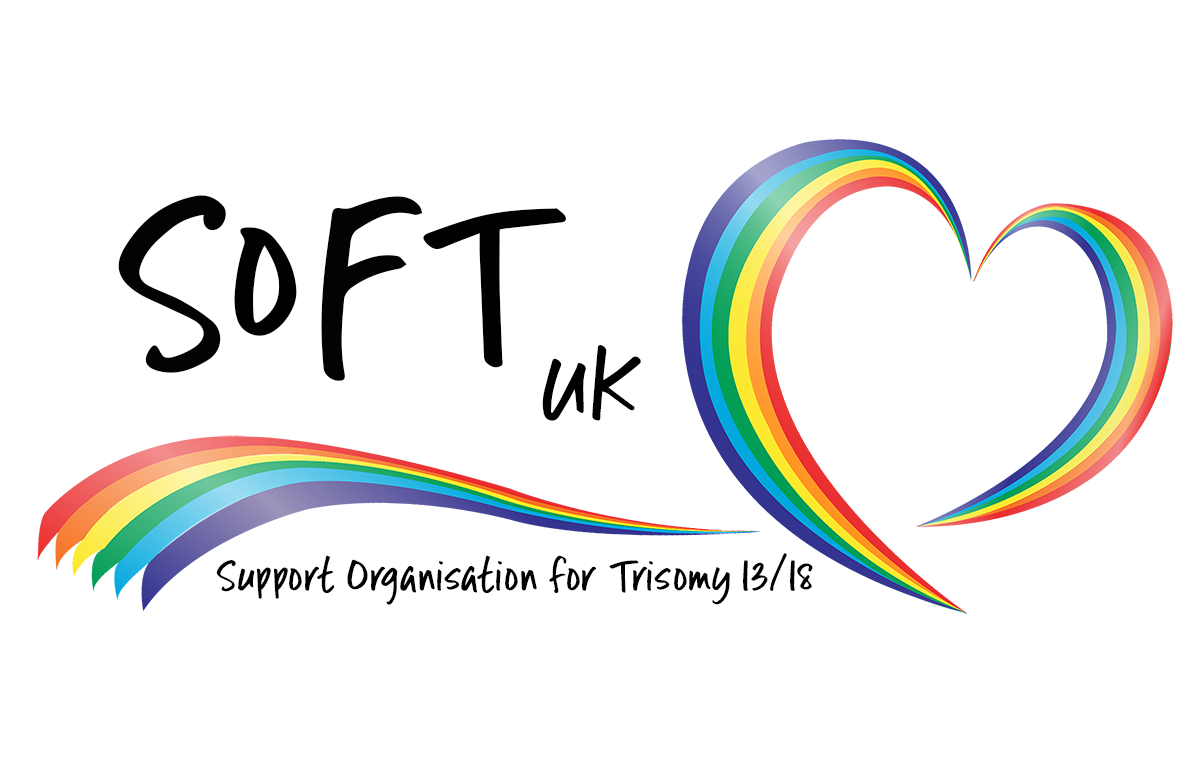My professional life began as an educational therapist working with medically fragile young children at a skilled nursing facility in New York City. During the five years I worked there, I encountered not one, not two but three children with trisomy 18. They were three and four years ago at the time. They had similar physical characteristics and medical conditions. Also, importantly, each had a distinct personality, temperament and learning style. My initial research on the condition was autopsy photos on the internet.
Fast forward to my doctoral program and finding more resources about trisomy 18. Most importantly, I became part of several online mailing lists with parents with children and young adults with trisomy 18 as well as other rare trisomy conditions from around the world. I read their messages daily and took in information about their daily lives, interactions with professionals and so much more. I am still indebted to these individuals, many of whom I remain in contact with today.
A few years more and I find myself as a junior faculty member in a medium-sized university working with undergraduate and graduate students in the Special Education program. I have many more trisomy-related resources to utilize through the university, research articles and parents’ experiences in blogs and other social media. I also continued to engage with a core group of parents in what became the foundation of the Tracking Rare Incidence Syndromes (TRIS) project. The official start was February 1, 2007.
Currently, there are over 1200 families participating in the project. Parents complete surveys sharing information including medical issues and their treatment, family support and developmental milestones. The project also includes the largest group of children and adults diagnosed with trisomy 9 mosaicism and trisomy 8 mosaicism. Altogether, information is shared via research articles, presentations, the project’s Facebook page (https://www.facebook.com/TRIS.Trisomy.project/) and website including case studies and informational modules (https://tris.siu.edu). The project continues to grow through new enrollments and queries from parents, clinicians and medical professionals.
In addition to working on the TRIS project, I am a full professor and off-campus program coordinator for the Special Education program in the School of Education at Southern Illinois University Carbondale. I teach coursework focusing on collaborating with families with children with disabilities as well as assessment and curriculum methods in early childhood special education.
